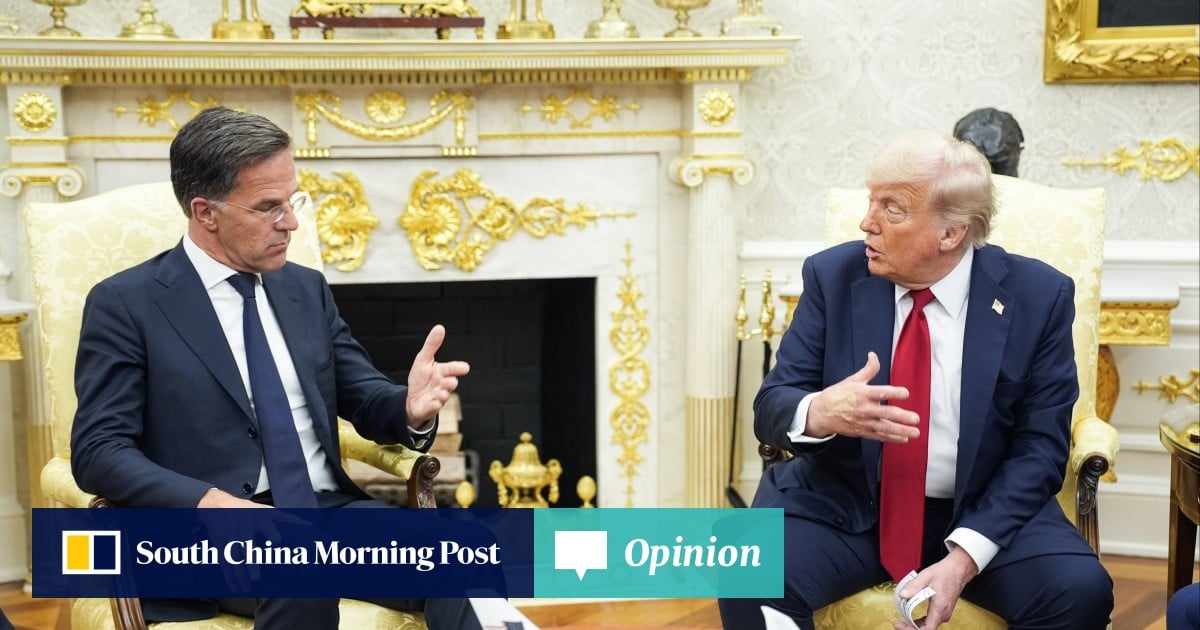Prime Minister Mark Carney told his fellow Canadians in March, “The old relationship we had with the United States, based on deepening integration of our economies and tight security and military cooperation, is over.”
In the following month, Ursula von der Leyen, the president of the European Commission, topped Carney by declaring outright, “The West as we knew it no longer exists.”
Commentators have described their widely reported speeches as “mournful” and “regretful”, presumably like grieving over the ending of a dear relationship. The two leaders certainly looked sombre, and made their pronouncements with the appropriate gravitas.
Von der Leyen sounded more grandiose, almost tragic in the classical Greek sense. Yes, the end of the West is nigh. But what does it even mean? Now every person and their dog have their own definition of “the West”, so let’s not get bogged down by a particular word.
What both leaders meant, and how their European peers have been acting since Donald Trump returned to the White House, is quite simply that the old “Atlanticism” is dead. That means the mission and mandate of Nato are now undefined and up for grabs. American nuclear and conventional military protections of Europe and its other allies need to be renegotiated, and most likely paid for. Long-standing global and American institutions responsible for running the world economy can no longer be relied on to cater, at least sometimes, to serving public goods, but only narrow American interests.
If figures such as Charles de Gaulle, Konrad Adenauer and Winston Churchill were alive and running the show, what would they have done? While recognising a profound, even existential crisis, they would also realise this was the moment when Europe as originally conceived as the West could at last step out of America’s shadow and make something of itself again.
